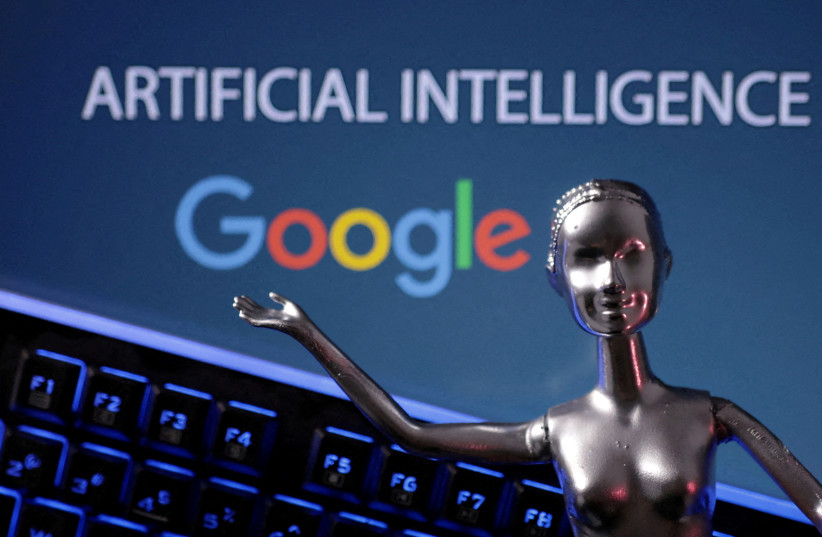The impact of artificial intelligence (AI) on the world has been profound, particularly with the introduction of ChatGPT to the public some two years ago. Many people view these awe-inspiring capabilities with excitement and positivity. However, it’s understandable that many others view these advancements with apprehension, fearing negative consequences even up to the beginning of the age of (intelligent) machines that will end and take over human race control of our world. Chief among these concerns are the potential loss of jobs and the fear of being supplanted by machines.
AI represents the culmination of a rich history of technological advancements, which have firmly established computer technology as the cornerstone of the modern era.
Alvin Toffler, in his 1970 book Future Shock and his 1980 book The Third Wave, prophesied that computers would be central to a new revolution in human history. He wrote that they would affect and change not only certain areas of our lives, but also global economy and security – and through them, our entire culture.
Such a revolution has happened only twice in the history of humankind. The first occurred about 13,000 years ago, with the development of agriculture, after which humans stopped wandering from place to place to hunt and gather food. The second, the Industrial Revolution, happened about 250 years ago, with the invention of modern science.

AI brings both opportunities and challenges. Indeed, it has the immense potential to tackle societal challenges such as healthcare, environmental monitoring, and poverty reduction. Moreover, its implementation can foster the creation of high-skilled, well-paying jobs, while automating repetitive and mundane tasks, thus boosting efficiency and productivity.
However, we cannot ignore the challenges and negative aspects of AI. Automation may result in the displacement of certain jobs, particularly those that involve mundane manual or repetitive tasks. Some traditional jobs may likely become obsolete, requiring workers to acquire new skills to remain employable. In short, AI is poised to significantly impact the world of work in the near future. However, concerns about the potential risks involved have prompted calls for the controlled and moderated advancement of AI.
I do not concur with this popular opinion. On the contrary, I believe that these concerns are exaggerated and that the implementation of AI will have a gradual effect on the work market and will not cause extensive job losses.
In the first instance, AI is not a threat to those jobs that involve physical human labor. Secondly, in most cases, AI will not replace workers but be an auxiliary tool, helping workers to better identify problems. Just as ultrasound did not replace medical doctors but enhanced their capabilities, so AI will not replace jobs but augment them.
Upgrading professional life
The intensive integration of AI into the labor market will lead to the upgrading and development of new professions, but will not completely change most of the existing professions. I recognize that new ethical concerns may arise, such as algorithmic bias and invasion of privacy, and these issues will need to be carefully addressed to ensure responsible AI deployment.
I urge us not to fear the advancement of technology. AI is a powerful tool, but it is not a lethal tool. Its use depends on the users, and it can serve humanity for better or worse. We must and we certainly can use it responsibly and build a policy ensuring its use for the common good.
In summary, the impact of AI on the workforce is multifaceted. It is crucial for societies, businesses, and policymakers to proactively address challenges, foster education and re-skilling initiatives, and create a balanced approach to AI integration that considers both economic and social aspects.
The writer is director of the Blavatnik Interdisciplinary Cyber Research Center at Tel Aviv University – and chairman of AI Day, February 5, 2024, TAU.
